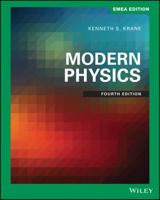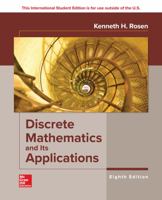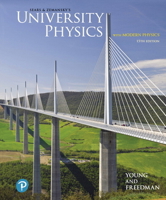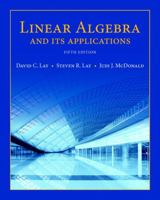The Art of Whimsical Stitching: Creative Stitch Techniques and Inspiring Projects
Paint, Stitch, Play In The Art of Whimsical Stitching, bestselling author and teacher Joanne Sharpe shares her favorite, go-to methods for creating exuberant stitch art. If you're a sewer or quilter, you'll take your stitching in a new direction with paints, markers, and dyes. If you're a mixed-media artist, you'll learn to embellish your work with stitching. Follow step-by-step instructions and photos demonstrating a dozen inspiring techniques, including collage, stenciling, free-motion stitching, fused applique lettering, needle felting, doodle machine and hand embroidery, and more Then, transform your custom fabric into playful pillows and bags, art quilts, journals, and other fun and funk-tional projects. Joanne's whimsical artwork and a "sketchbook" of designs you can adapt for your own work round out this colorful, inspirational guide.
Format:Paperback
Language:English
ISBN:1632502054
ISBN13:9781632502056
Release Date:April 2016
Publisher:Krause Craft
Length:144 Pages
Weight:1.16 lbs.
Dimensions:0.4" x 8.2" x 10.8"
More by Joanne Sharpe
Related Subjects
Business Business & Investing Economics Political Science Politics & Social SciencesYou Might Also Enjoy
Customer Reviews
0 customer rating | 0 review
There are currently no reviews. Be the first to review this work.


































![Essential Calculus: Early Transcendentals [with WebAssign & Start Smart Guide]](https://i.thriftbooks.com/api/imagehandler/s/CF349820193E0705C886657C2FC13F576F906667.jpeg)










